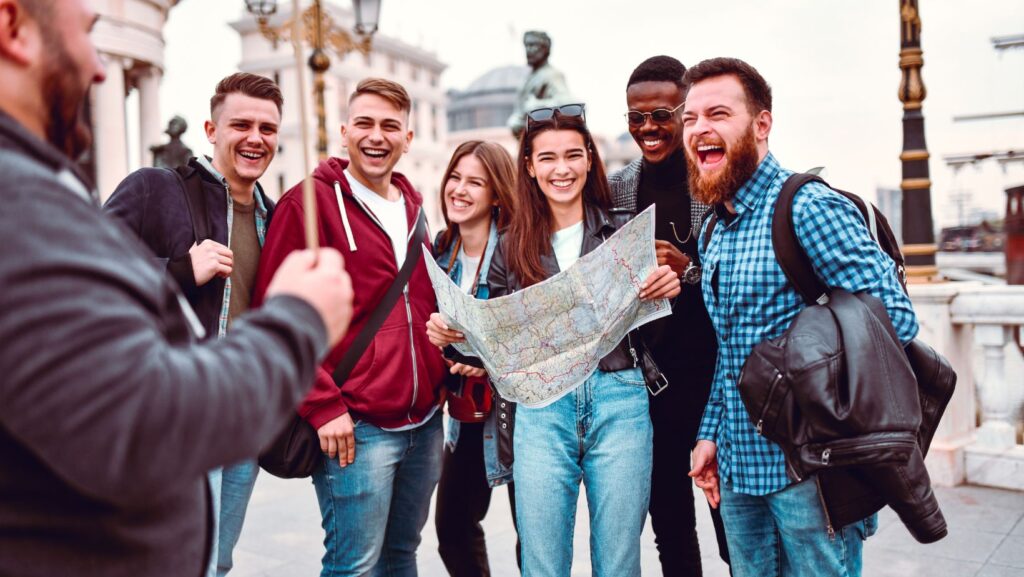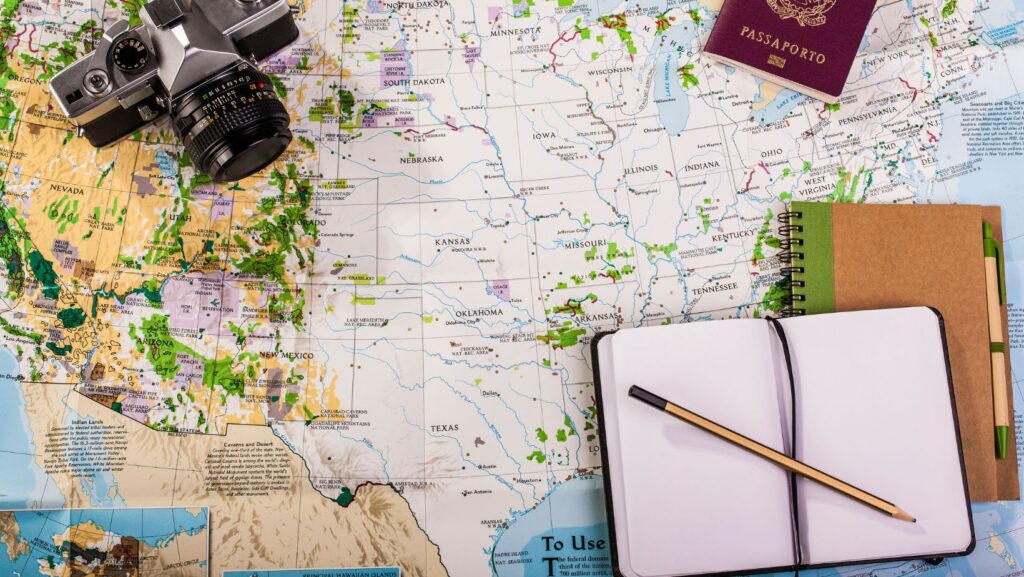Tattoos have been part of human culture for thousands of years. They’re not just about ink and skin; they tell stories, honor traditions, and reflect personal and cultural identities.
Every tattoo carries a piece of its wearer’s history and often connects to the wider world in unique ways. From ancient rituals to modern symbols, tattoos weave together a rich tapestry of global culture.
Let’s take a closer look at how tattoos function as cultural markers across different societies.
Ancient Traditions: Tattoos in Indigenous Cultures
Tattoos have deep roots in various indigenous cultures. In Polynesia, tattoos are much more than skin-deep. The Polynesians use elaborate patterns that often signify social status and family heritage. Each design is carefully crafted and tells a story about the wearer’s lineage and role within their community.
Maori tattoos, known as Ta Moko, hold a special place in New Zealand’s culture. These tattoos aren’t just decorative; they are a vital part of personal and tribal identity. The intricate facial tattoos indicate status and personal achievements. Each mark is a significant part of the wearer’s life story.
In Native American tribes, tattoos have served various purposes, from marking rites of passage to symbolizing achievements. For instance, the Apache and Lakota tribes used tattoos to signify bravery and important life events. These markings were deeply personal and served as powerful symbols of their experiences and cultural heritage.
Modern Symbolism: Tattoos in Contemporary Cultures
As tattoos moved into the modern era, they took on new meanings and forms. In Japan, Irezumi, or traditional tattooing, has been practiced for centuries.

These tattoos are often elaborate and detailed, representing various aspects of Japanese folklore and personal values.
The designs, from koi fish to dragons, are more than just art; they symbolize qualities like strength, courage, and perseverance.
In Western cultures, tattoos have evolved significantly. Once associated with rebellion, they’ve become mainstream, with people from all walks of life sporting various designs. Modern Western tattoos often reflect personal stories, artistic expressions, or affiliations. Whether it’s a small symbol or a full sleeve, tattoos now serve as a way for individuals to share their personal journey and creativity.
Urban and pop culture have also played a significant role in shaping contemporary tattoo trends. From celebrity tattoos to trendy designs, the influence of media and entertainment has helped spread tattoo culture worldwide. This exposure has led to a diverse range of styles and increased acceptance of tattoos as a form of self-expression.
Cultural Exchange and Global Tattoo Trends
The exchange of tattoo styles between cultures has created a dynamic and ever-changing tattoo landscape. Traditional tattoo styles are now being adapted and blended with other cultural elements. This fusion has led to unique and innovative designs that reflect a blend of traditions and modern influences.
Fusion tattoos are an excellent example of this cross-cultural exchange. These designs mix elements from different tattoo traditions, creating something entirely new and personal. A person might combine traditional Polynesian patterns with modern Western motifs to create a tattoo that reflects multiple cultural influences.
Tattoo tourism is another trend that highlights the global nature of tattoo culture. People often travel to specific destinations known for their unique tattoo styles.
This phenomenon not only boosts local tattoo businesses but also promotes cultural exchange.

In some cases, travelers seek out tattoo artists who specialize in traditional techniques, which helps preserve and celebrate those artistic practices.
Personal Stories: Interviews with Tattoo Artists and Enthusiasts
Hearing from tattoo artists and enthusiasts adds a personal touch to the understanding of tattoos as cultural markers. Tattoo artists from various backgrounds share their insights into the significance of their craft. For instance, a Maori tattoo artist might describe the spiritual connection of Ta Moko and its importance to their cultural identity.
Enthusiasts also have compelling stories. Some might choose tattoos to honor their heritage or commemorate personal experiences.
One traveler might get a tattoo of a symbol from a culture they visited, while another might choose a design that reflects a life-changing journey. These stories highlight how tattoos can serve as meaningful souvenirs of personal experiences and connections to different cultures.
For those considering tattoos as a way to mark their travels or personal milestones, hearing real-life stories can offer inspiration. Tattoo removal services, like Tattoo Removal Hamilton, can also help those who later wish to change or remove their tattoos, ensuring that body art remains a positive aspect of their lives.
Tattoos offer a fascinating glimpse into the cultures and stories of the people who wear them.
From ancient traditions to modern trends, they are more than just decorative; they are profound symbols of identity and history.
As tattoos continue to evolve and blend cultural influences, they remain a powerful means of personal and cultural expression. Whether exploring ancient practices or modern innovations, the world of tattoos is a rich and diverse canvas that connects people across the globe.




